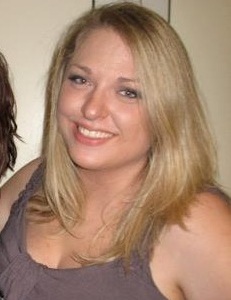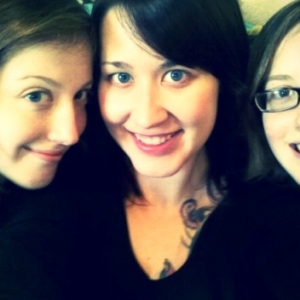Why I do what I do
Jane Fleishman, Graduate Student, Center for Human Sexuality Studies, Widener University
for the CFLE website (and for Theo)
 |
| Jane Fleishman |
“Just what is healthy sexuality?” That was the question posed to me by my 28-year old nephew, Theo, glancing over at my business card. We had just taken in yet another sensational dinner at a bustling French restaurant in the 4tharrondissement near his apartment in Paris. We had sumptuous food and libations and I have to say, those Parisians certainly do know their sensual pleasures. My addled brain was barely registering words, let alone questions. I told him it was not easy to define healthy sexuality and that most Americans can more easily agree on what’s not healthy. I got a bit tongue-tied and later realized I hadn’t answered his wonderfully honest question.
Theo’s question was absolutely the best anyone in our family had ever asked me. We sexuality educators often get questions like this. Now that the French libations have subsided, I can gather my thoughts on this most important issue. Defining healthy sexuality is a bit like talking about what’s in the air we breathe. We know what it’s like when the air is bad. We may not know what’s exactly causing the problems, but we know when it doesn’t taste or smell or feel right. That’s a lot like sex. We seem to be best at defining the dark side of sexual behavior problems, dysfunctions, paraphilia, and disorders. But when asked to describe what constitutes the positive, lighter, more joyful sides of sex, we often get stuck, as I did, stumbling over my words. This piece is my attempt at going beyond those sex-negative responses in answering Theo’s question.
Sex therapists spend their time counseling individuals or couples who come to their offices trying to help them with sexual problems. As a sexuality educator, I am working toward a more sex-positive world where sexual liberation is top of the list. In my graduate program, I’ve found our student body to be non-judgmental (we don’t ever utter the word “normal” except in our statistics classes and even then we have long, protracted discussions about “manipulating the independent variable” or “normal” curves), progressive, gender variant, extraverted, humorous, creative, and questioning, always questioning. We are all very interested in uncovering sexual variance.
Good, giving, and game, as Dan Savage coined it, is all about people who are willing to try anything (within limits), are interested in equality in giving, and are good partners in bed. In my work, I give people the information they need so they won’t feel ‘abnormal’ or odd or upset about their own sexuality and I challenge them to help create a world where no one will feel stigmatized or exploited based on their sex. I work with groups across the lifespan, and I teach them what I know so that they can lead wonderful, fulfilling, hot, sexual lives.
You’re probably wondering still what I mean by healthy sexuality. Being sexual is not just the act of F*CKING, though that’s a great part of it and as Dennis Dailey, Professor Emeritus of Social Welfare at University of Kansas, recently said at a sexuality and aging conference:
“If you ask anyone outside of this room what SEX means, they’d say F*CK. Sexuality encompasses the most fundamental parts of our selves – sensuality, intimacy, identity, health, reproduction, exploitation, and spirituality – and each part is integrally woven together with you in the center.”
Taking such a large perspective means that sex is no longer an act or a biological marker but a full set of powerful and exquisite facets that make up who we are as human beings. For me, healthy sexuality is the engagement, embodiment, enhancement, and empowerment of being sex-positive in a society that is generally full of shame and guilt about pleasure and joy. In fact, I just wrote a curriculum based on my philosophy.
I believe there is no right or wrong way to have sex or to be sexual or to be identified. Gender and sexual stereotypes prevail, and I believe it is my calling to throw them aside and to embrace the enormous variation in what we as humans define as being a sexual being. Theo, the best questions are those that get us thinking. I hope this has gotten you thinking, it’s certainly been thought-provoking for me. Thanks for asking.





